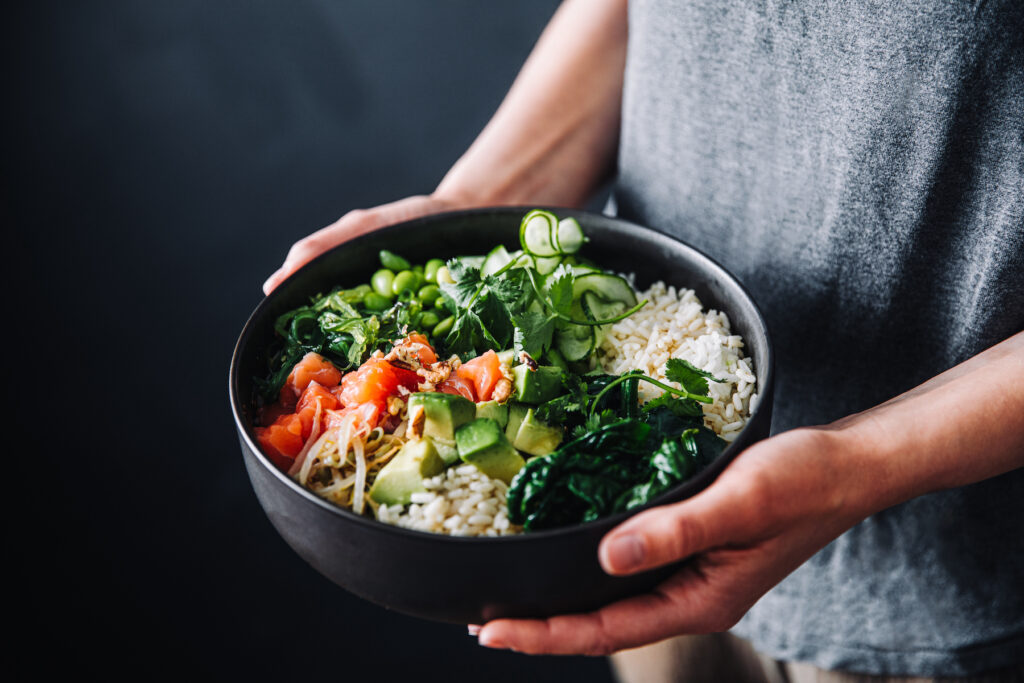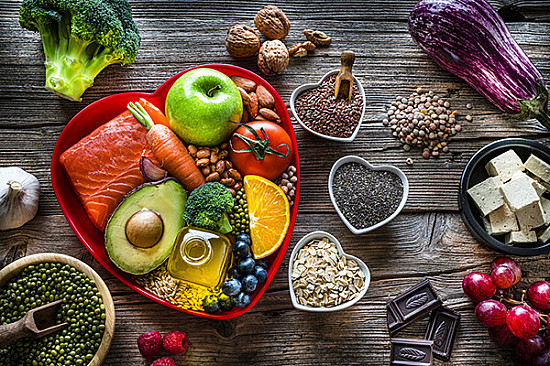When it comes to preventing serious health issues like stroke, the foods you eat can be one of your most powerful tools. While many focus on eliminating harmful ingredients, a smarter approach is often to add more of the right nutrients—especially from plant-based sources. According to leading dietitians and health experts, there’s one surprising snack that stands out in the fight against stroke risk: a handful of unsalted mixed nuts.
Yes, you read that right. Nuts—those small, crunchy, and flavorful morsels—are packed with heart-protective nutrients. And when consumed in moderation, they can do wonders for your cardiovascular system, brain health, and inflammation levels. In this article, we’ll break down why nuts are the #1 snack to reduce stroke risk, what types are most effective, how much to eat, and smart, delicious ways to enjoy them daily.
Why Stroke Prevention Starts with Nutrition

Stroke is the fifth leading cause of death globally, and one of the leading causes of long-term disability. The two most common types of strokes are:
- Ischemic stroke (caused by blocked blood vessels, accounting for ~87% of cases)
- Hemorrhagic stroke (caused by a burst blood vessel)
While factors like genetics and age play a role, lifestyle choices—especially diet—have a huge impact. High blood pressure, high cholesterol, inflammation, and obesity are all major contributors to stroke risk, and they can all be influenced by what we eat.
That’s why dietitians consistently recommend nutrient-rich, anti-inflammatory foods to maintain healthy blood vessels, control blood pressure, and reduce plaque buildup. And at the top of that list? Nuts.
Why Nuts Are the #1 Snack for Stroke Prevention

Nuts are nutritional powerhouses that provide a unique combination of heart-healthy fats, plant protein, fiber, vitamins, and minerals. Here’s how these nutrients specifically help reduce the risk of stroke:
1. Rich in Unsaturated Fats
Nuts are high in monounsaturated and polyunsaturated fats—often referred to as “good fats.” These help:
- Lower LDL (“bad”) cholesterol
- Raise HDL (“good”) cholesterol
- Improve overall heart and blood vessel function
Reducing bad cholesterol and inflammation directly supports healthy blood flow and lowers the risk of artery-clogging—a key factor in preventing ischemic strokes.
2. High in Magnesium and Potassium
Many nuts—especially almonds and pistachios—are excellent sources of magnesium and potassium, two minerals that help:
- Regulate blood pressure
- Reduce vascular stiffness
- Balance sodium levels in the body
High blood pressure is the single most significant modifiable risk factor for stroke, and these minerals help keep it in check.
3. Loaded with Antioxidants and Anti-Inflammatory Compounds
Nuts contain a wide range of antioxidants, including:
- Vitamin E (especially in almonds and hazelnuts)
- Polyphenols (found in walnuts and pecans)
These help neutralize oxidative stress, reduce arterial inflammation, and protect the lining of blood vessels (endothelium). Chronic inflammation is a silent contributor to stroke and heart disease, so reducing it is vital.
4. Plant-Based Protein and Fiber
Fiber helps maintain a healthy weight and supports digestion, while protein builds and repairs tissues. Both help stabilize blood sugar and prevent insulin resistance—a major factor in metabolic disorders linked to stroke.
What the Research Says

Scientific studies have strongly supported the link between nut consumption and stroke reduction:
- A large 2014 meta-analysis published in The American Journal of Clinical Nutrition found that individuals who consumed the most nuts had a 17% lower risk of stroke compared to those who consumed the least.
- The Nurses’ Health Study and Health Professionals Follow-Up Study, which tracked over 100,000 people, found that eating just one serving of nuts per day (about a handful) was associated with a reduced risk of cardiovascular disease, including stroke.
- A 2021 study in Stroke (AHA journal) linked nut intake to better cognitive function and lower risk of vascular events, highlighting the protective role of nuts in brain and cardiovascular health.
Best Types of Nuts for Stroke Prevention

While most nuts are healthy, some shine particularly bright when it comes to stroke protection:
Walnuts
- Highest in omega-3 ALA, a plant-based fatty acid known for anti-inflammatory benefits
- Rich in antioxidants and polyphenols
- Supports brain and heart health
Almonds
- High in vitamin E, which protects cells from damage
- Good source of magnesium
- Helps lower cholesterol
Pistachios
- Rich in potassium and phytosterols (cholesterol-lowering compounds)
- Aid in blood pressure regulation
Hazelnuts
- High in monounsaturated fats and vitamin E
- Support endothelial function
Cashews
- Lower in fat but still rich in magnesium
- Great for energy and heart rhythm regulation
Pro Tip: Choose raw or dry-roasted, unsalted versions to avoid added sodium and processed oils, which can counteract the benefits.
How Much Should You Eat?
Moderation is key. Dietitians recommend:
- 1 ounce (about 28–30 grams) per day
That’s roughly a small handful or:- 24 almonds
- 14 walnut halves
- 18 cashews
- 49 pistachios
Stick to plain, unsalted nuts to maximize the health benefits without excess sodium or saturated fats.
How to Incorporate Nuts Into Your Daily Routine

Not sure how to make nuts a regular part of your diet? Here are some easy and tasty ideas:
As a Standalone Snack
Keep a small container of mixed nuts in your bag or desk drawer for a quick and nutritious pick-me-up.
Add to Oatmeal or Yogurt
Sprinkle chopped walnuts or almonds into your morning bowl for texture, flavor, and added nutrients.
Blend into Smoothies
Cashews or almond butter add creaminess and healthy fats to smoothies without overpowering other flavors.
Use in Homemade Granola or Trail Mix
Pair nuts with seeds and dried fruit (like unsweetened cranberries) for a fiber- and antioxidant-rich snack.
Top Your Salads
Add roasted pistachios or slivered almonds for a satisfying crunch and a protein boost.
Common Concerns About Nuts
Are They Too High in Calories?
While nuts are calorie-dense, studies show they don’t cause weight gain when eaten in moderation. In fact, the fiber and protein content can promote satiety and help prevent overeating.
What If I Have a Nut Allergy?
If you’re allergic to tree nuts, seeds like sunflower seeds, flaxseeds, or pumpkin seeds offer similar benefits and are also rich in heart-healthy fats, fiber, and minerals.
Final Thoughts
When it comes to protecting your brain and heart, it’s not just about what you avoid—it’s about what you include. And few foods are as impactful, convenient, and enjoyable as a handful of unsalted nuts. Backed by both science and dietitians, nuts are the #1 snack to help reduce stroke risk, thanks to their powerful mix of healthy fats, fiber, antioxidants, and essential minerals.
So the next time you’re reaching for a snack, skip the chips and processed bars. Instead, go for a heart-smart handful of nuts—your brain, arteries, and long-term health will thank you.





